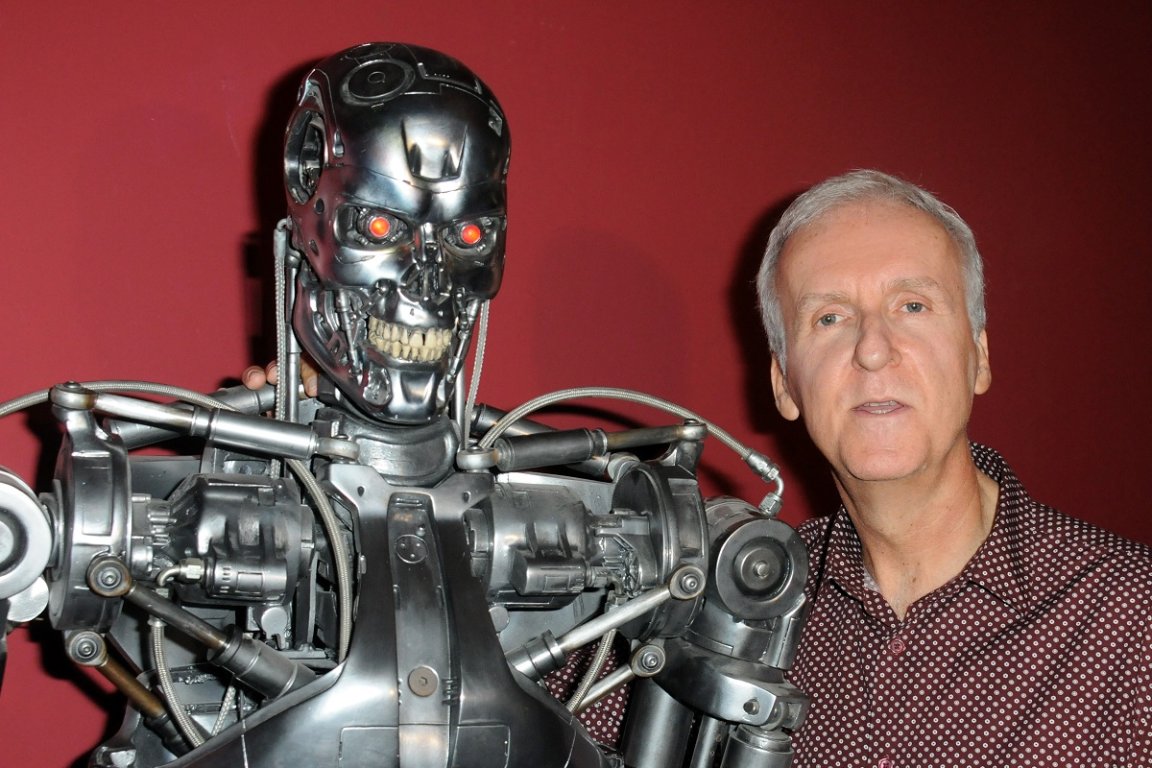
Fair Warning
Fresh on the heels of his lamentations about the imploded submersible, “Titanic” director James Cameron is going for the “I told you so” one-two punch with his repeated warnings about artificial intelligence.
In an interview with CTV, the Canada-born director said that he attempted to bring his fears about AI to the forefront nearly 40 years ago with his first “Terminator” film, to no avail.
“I warned you guys in 1984,” Cameron said, “and you didn’t listen.”
The director told CTV that he “absolutely” shares concerns with AI experts about the technology’s vast potential for harm.
“I think the weaponization of AI is the biggest danger,” Cameron told the Canadian broadcaster. “I think that we will get into the equivalent of a nuclear arms race with AI, and if we don’t build it, the other guys are for sure going to build it, and so then it’ll escalate.”
Give Me 20
Cameron identified two equally-dangerous schools of AI thought: those who are “teaching greed” and using the technology for unfettered profit, and those who are “teaching paranoia” and want to use it in the interest of national or self-defense.
“You could imagine an AI in a combat theatre,” he continued, “the whole thing just being fought by the computers at a speed humans can no longer intercede, and you have no ability to de-escalate.”
It’s clear that the director has AI on the brain, given that the latest installment in the “Terminator” franchise that he’s currently working on centers around the kinds of real-world algorithms currently deployed by companies like OpenAI.
ChatGPT as a tool of dystopian fiction isn’t the only use case he’s worried about, though he admits that the tech isn’t nearly up to snuff to replace human creatives anytime soon.
“Let’s wait 20 years,” he quipped, “and if an AI wins an Oscar for Best Screenplay, I think we’ve got to take them seriously.”
More on Hollywood’s AI concerns: Tom Cruise Secretly Warned Movie Studios About AI Use